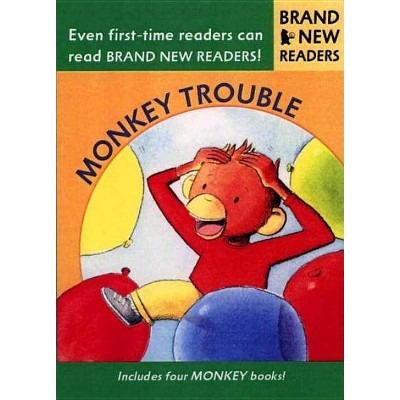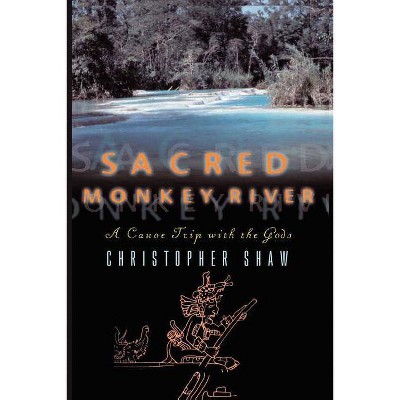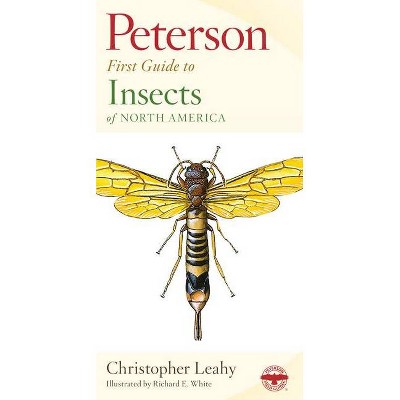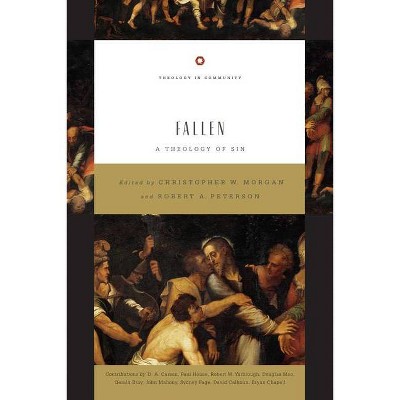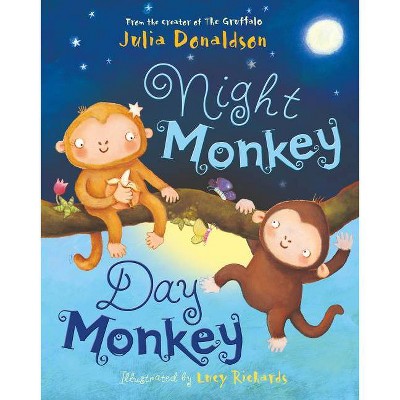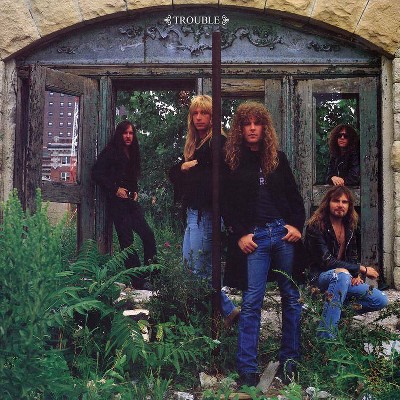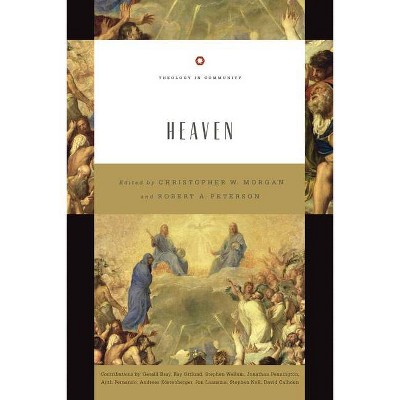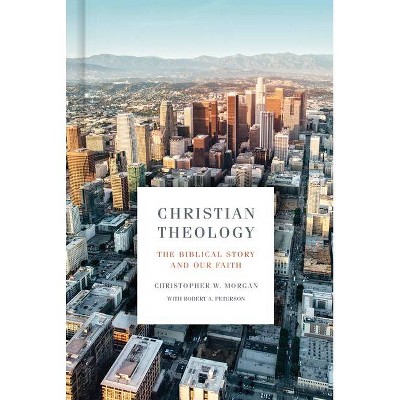Monkey Trouble - by Christopher Peterson (Paperback)
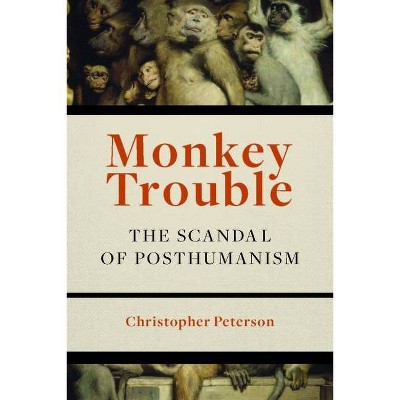
Similar Products
Products of same category from the store
AllProduct info
<p/><br></br><p><b> About the Book </b></p></br></br>Monkey Trouble explores the turn toward immanence in contemporary posthumanism, which aims to extend hospitality to animals, plants, and even insentient things. This book argues that the displacement of anthropocentrism must cultivate a human/nonhuman relationality that affirms the immanent transcendency spawned by our phantasmatic humanness.<p/><br></br><p><b> Book Synopsis </b></p></br></br><p>According to scholars of the nonhuman turn, the scandal of theory lies in its failure to decenter the human. The real scandal, however, is that we keep trying. <p/>The human has become a conspicuous blind spot for many theorists seeking to extend hospitality to animals, plants, and even insentient things. The displacement of the human is essential and urgent, yet given the humanist presumption that animals lack a number of allegedly unique human capacities, such as language, reason, and awareness of mortality, we ought to remain cautious about laying claim to any power to eradicate anthropocentrism altogether. Such a power risks becoming yet another self-accredited capacity thanks to which the human reaffirms its sovereignty through its supposed erasure. <p/>Monkey Trouble argues that the turn toward immanence in contemporary posthumanism promotes a cosmocracy that absolves one from engaging in those discriminatory decisions that condition hospitality as such. Engaging with recent theoretical developments in speculative realism and object-oriented ontology, as well as ape and parrot language studies, the book offers close readings of literary works by J.M. Coetzee, Charles Chesnutt, and Walt Whitman and films by Alfonso Cuarón and Lars von Trier. <p/>Anthropocentrism, Peterson argues, cannot be displaced through a logic of reversal that elevates immanence above transcendence, horizontality over verticality. This decentering must cultivate instead a human/nonhuman relationality that affirms the immanent transcendency spawned by our phantasmatic humanness.</p><p/><br></br><p><b> Review Quotes </b></p></br></br><br>"Posthumanists, new materialists, neovitalists, cosmopoliticians, accelerationists, xenofeminists, post-poststructuralists, and speculative realists will have much to argue with here. But this is an argument they--we--would be well advised to have at this historical moment--a decade or two into the broader 'nonhuman turn'--given the often baroque claims, naïve enthusiasms, and extravagant contradictions performed in its name. In Peterson's meticulous and elliptical critique we encounter a forceful Counter-Reformation against the more heretical proclamations of posthumanism; along with a nuanced insistence that--when all is said and done--we are human, all too human, after all."<b>-----Dominic Pettman, <i>The New School for Social Research</i></b><br><br>Peterson is a meticulous scholar with a philosophical and psychoanalytic background as deep as it is broad, with close reading that is never more rigorous and acute than when engaging with the intricate philosophies of Husserl and Derrida. It is a book that will, or at least <i>should</i>, cause serious anxiety among a great many philosophers and theorists of the so-called 'nonhuman turn', particularly those who have nailed their colors, perhaps precipitately, to the mast of object-oriented ontology.<b>---Richard Iveson, <i>The Year's Work in Critical and Cultural Theory</i></b><br><p/><br></br><p><b> About the Author </b></p></br></br><br><strong>Christopher Peterson </strong>is Senior Lecturer in the School of Humanities and Communication Arts at Western Sydney University. He is the author of <em>Bestial Traces: Race, Sexuality, Animality</em>, and<em> Kindred Specters: Death, Mourning, and American Affinity</em>.<br>
Price History
Price Archive shows prices from various stores, lets you see history and find the cheapest. There is no actual sale on the website. For all support, inquiry and suggestion messagescommunication@pricearchive.us
